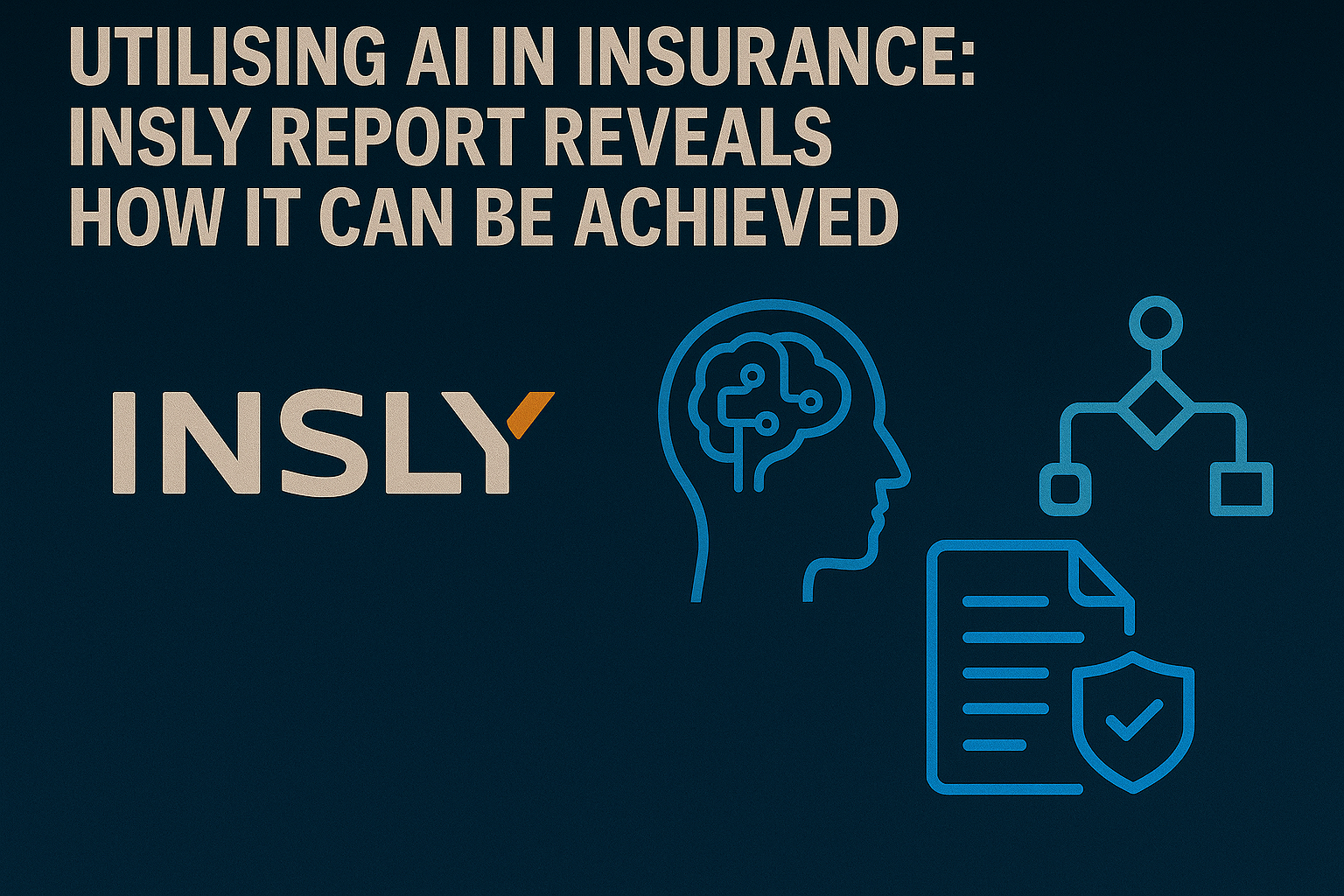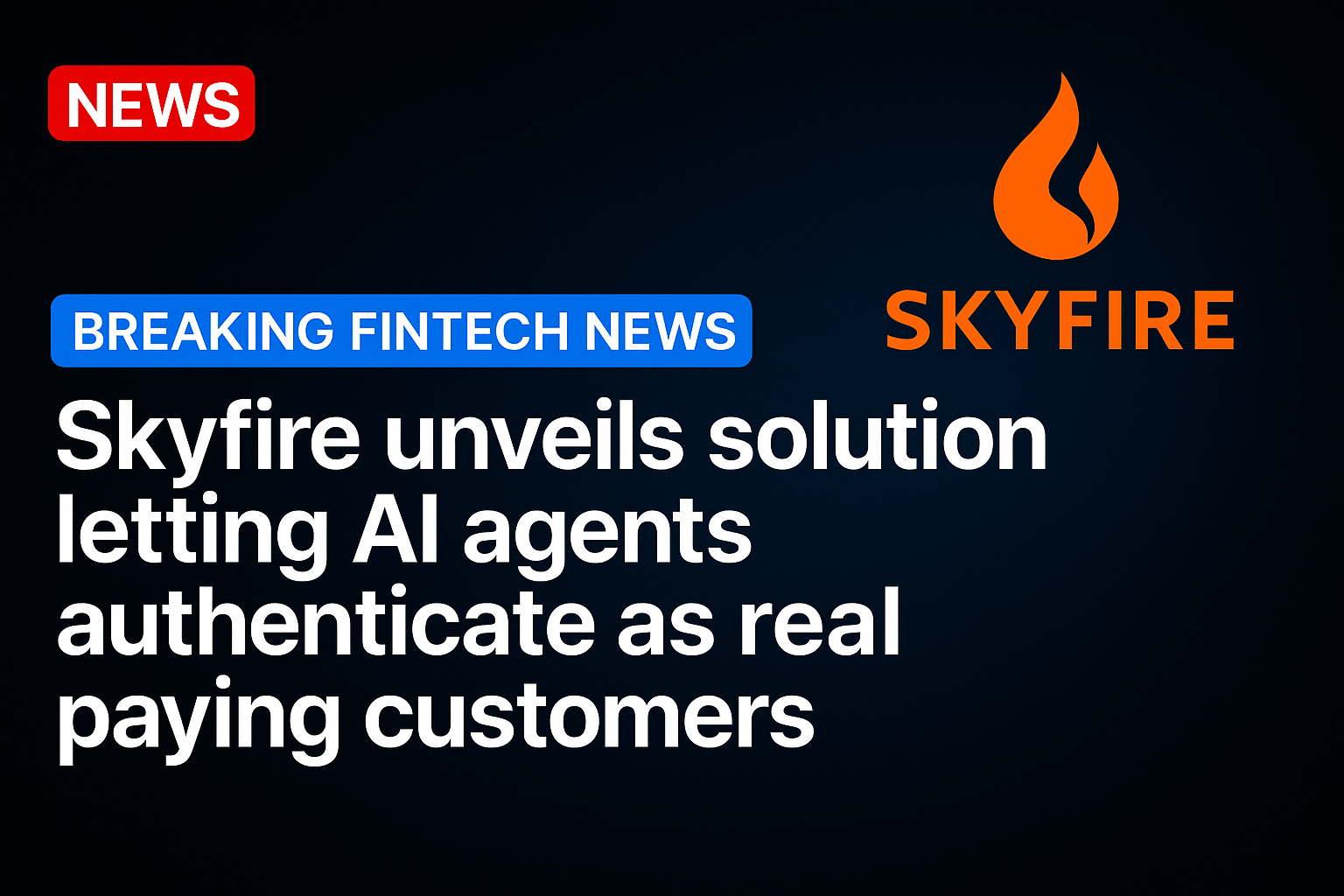Despite the growing use cases for AI across the financial sector, the insurance sub-sector lags behind. Uncovering why this is, and how its fortunes might change going forward, Insly, the low-code software provider for the insurance sector has published a new report.
Specifically, the report provides insights from businesses experimenting with AI. It also identifies the most promising use cases and how to overcome some of the biggest barriers to implementation, success, and ROI. Insly published its findings shortly after a study by Boston Consulting Group found that 74 per cent of companies struggle to achieve and scale value from AI.
ChatGPT’s immense uptake has catalysed the adoption of AI across multiple industries with generative AI, optical character recognition, large language models, machine learning and more all being integrated into organisations’ infrastructure. Exploring how the insurance sector can also reap the rewards of the technology, Insly reveals in its report:
- The value of AI for speed, efficiency, innovation, customer experience, and decision-making.
- The most promising use cases where AI tools and technologies are transforming processes, supercharging efficiency, and aiding innovation and growth.
- Overcoming key barriers such as trust issues, privacy and security concerns, change management, integration, and data challenges.
- How insurance companies and MGAs can ensure their investments in AI deliver real value while minimising business risk.

“Everyone’s scrambling to figure out how to ‘leverage AI’ for their business, especially after reading that all their competitors are already pros at it (spoiler: they aren’t),” says Risto Rossar, CEO of Insly. “This leads to a fair bit of panic and, let’s be honest, some questionable investments.
“Implementing AI can seem daunting for MGAs and insurers, but it doesn’t have to be. By focusing on small, defined use-cases and building adoption from there, any company can start feeling the benefits of the technology faster than they may think, while ensuring they’re prepared for an AI-powered future.”
Source: https://thefintechtimes.com/





